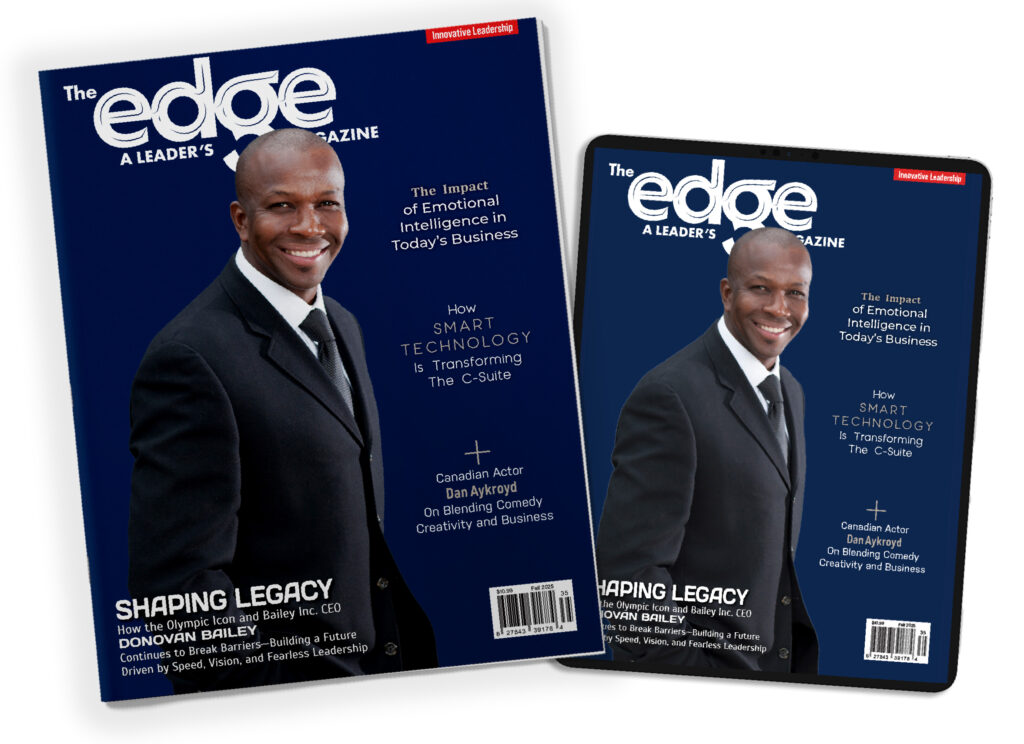While Black women make up the largest number of people starting businesses, they are the hardest group of people to secure finances and find support for their businesses. Specifically, there is a large deficit of networking and mentorship opportunities for Black women entrepreneurs, and financial investors, who are disproportionately white men, often view their businesses as too risky, despite how qualified they may be. Overall, systemic racism and misogyny are often felt most pressingly by Black women who face double the barriers in comparison to their white women counterparts.
Black women have to work twice as hard to earn half as much, and while there are ways to break barriers, that adage is still true. Especially considering that since many barriers are systemic, placing them solely on the shoulders of Black women to break only reinforces them rather than dismantling them. People deem it as “not my problem” rather than acting towards being a part of the solution.
All of that being said, if you are a Black woman entrepreneur, you shouldn’t have to sit around and wait for policies to change in order for you to get your business off of the ground. So, here are some strategies that you can implement so you can succeed.
Networking
First and foremost, build a group of people around you who support you and challenge you to be the best you can be. These people do not have to be within the same industry as you, but they are there to ensure that you have a support team, rather than trying to do everything on your own. They can hold you accountable to your goals, and help support your mental health, as your health and wellbeing is of utmost importance.
Next, work on your elevator pitch and don’t be afraid to pester people with it. Seriously, it’ll feel awkward at first, but the more you get used to talking about yourself and your company, the easier it will be. For your pitch you want to have a strong sense of who you are and stick to your values. You know what you’re doing, don’t let anyone else dictate who you’re supposed to be.
Just talking to people about your business can open up opportunities for you to seek out new clients and some of them may even become potential mentors. Again, broaden your word-of-mouth pitches beyond your industry, you never know who someone might know.
Finances
The most difficult step for Black women entrepreneurs is securing funding. Black women disproportionately have to fund their ventures from their savings and are charged high fees when getting loans. While it’s very important to save money before you reach out to investors, it’s getting funded by investors that’s the tricky part.
Firstly, research any and all government and third-party grants that are available to entrepreneurs and look at the qualifications. You may qualify for more than you think, and this money can help tide you over until you get regular investing. Third parties can also include community developed financial institutions, some of whom have been featured as part of the Winner’s Circle here at The Edge, who often make it their mission to help finance ventures helmed by those who are underserved.
You can also take advantage of crowdfunding as this can help get your business in front of consumers and many people who want to help Black women entrepreneurs can be found on crowdfunding websites.
Market
Conduct market analysis to understand where your goods/services are needed most. You may have a great idea, but if it doesn’t fit consumer needs, then you’ll have a very hard time finding interest in your business. Who needs what you’re offering, and where they need it, may surprise you.
In addition, one of the best ways you can get your business in front of potential clients/customers is by leveraging digital platforms. Every business needs to have a social media presence, so make sure that you’re established in places where you know your clients will be able to find you. Also, take advantage of e-commerce websites if your business involves selling goods. You have direct access to your customers without having to deal with the challenges of brick-and-mortar shops.
Lily Frances | Staff Writer



















